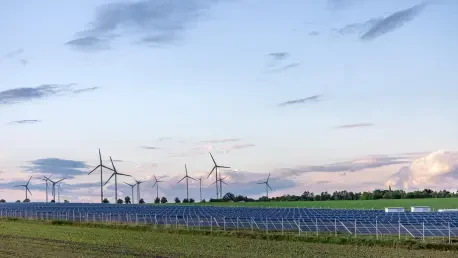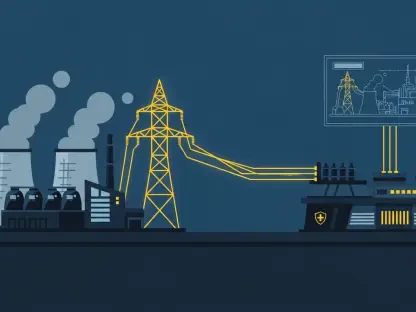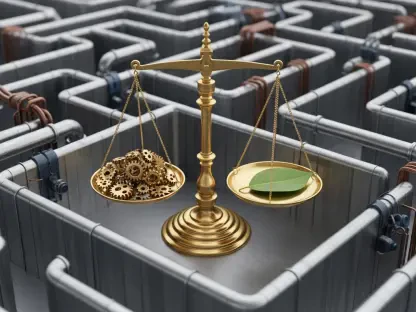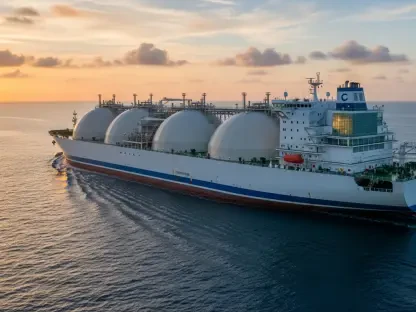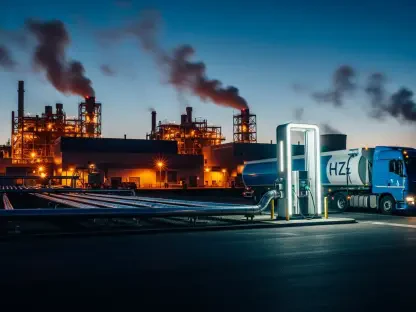As the world grapples with the pressing challenges of climate change, Australia finds itself at a critical juncture in its pursuit of clean energy transformation. The United Nations has called upon the nation to significantly bolster its climate commitments by establishing a robust emissions target for 2035 and accelerating its transition to renewable energy. Recognizing the dangers posed by climate vulnerabilities such as extreme weather and rising sea levels, especially in the Pacific and Southeast Asia, there is an urgent demand for action. While Australia has set a target of achieving 82% renewable energy by 2030, projections indicate potential shortfalls due to state-level reversals, grid connection delays, and inadequate investment. This scenario presents Australia with an opportunity to play a pivotal role on the global stage in renewable energy.
The Challenges and Criticisms
Australia’s journey toward renewable energy faces significant challenges, especially with fluctuating state-level policies, which have impacted the nation’s overall progress. Slow progress in grid connectivity has also posed a hurdle, preventing optimal distribution and integration of renewable energy sources. Insufficient investment in renewable infrastructure remains a critical concern, further jeopardizing efforts to meet the ambitious targets set for 2030 and 2035. Additionally, Australia has faced criticism for approving fossil fuel projects, casting doubt on its commitment to climate change mitigation. This duality underscores the need for a more coherent strategy to align national objectives with international climate commitments, as piecemeal approaches risk undermining progress. The emphasis is on not just planning but executing coordinated action that supports a sustainable energy transition in sync with regional and global needs.
The Potential for Global Leadership
Despite the hurdles, there’s optimism regarding Australia’s potential to become a leader in renewable energy. Simon Stiell, the UN Climate Chief, highlighted that investing in clean energy isn’t only good for the environment, but it’s also a wise economic decision that could attract investment and boost trade. By fully utilizing its renewable energy resources, Australia could significantly improve its economy and open new market avenues. The emissions reduction target set for September will be a key measure of the country’s readiness for attracting clean investments and partnerships. An ambitious target would demonstrate Australia’s commitment to developing a sustainable economy beyond traditional energy sources. By prioritizing this, Australia could showcase how economic growth and environmental care can coexist. Though Australia has lagged in past areas, the UN emphasizes its potential. Enhancing climate commitments is seen as both essential and an economic booster. As global interest in cleaner energy grows, Australia has the opportunity to lead by aligning policies and actions, setting a path others might emulate.
